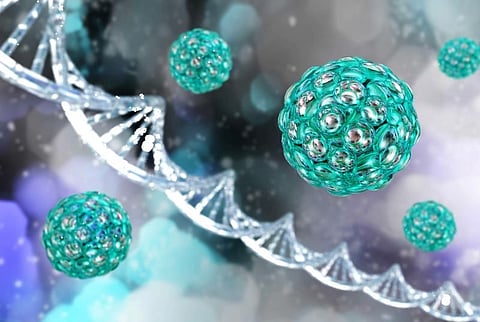FRIDAY, June 16, 2023 (HealthDay News) -- Outcomes of allogeneic hematopoietic cell transplantation (allo-HCT) in patients with acute myeloid leukemia (AML) and second complete remission (CR2) have significantly improved over time, according to a study published online June 2 in Cancer.
Rama Al Hamed, M.D., from Sorbonne University in Paris, and colleagues investigated changes in patient- and transplant-related characteristics and posttransplant outcomes over time among 3,955 adult patients with AML receiving allo-HCT.
The researchers found that 725 patients were transplanted between 2005 and 2009, 1,600 between 2010 and 2014, and 1,630 between 2015 and 2019. Across time, there was a significant increase observed in patient age (from 48.7 to 53.5 years), use of a haploidentical donor (from 4.6 to 26.4 percent), and use of posttransplant cyclophosphamide (from 0.4 to 29 percent). Over the same time period, there was a significant decrease observed in total body irradiation and in vivo T-cell depletion. Transplants performed more recently had better outcomes, with leukemia-free survival (hazard ratio [HR], 0.79) and overall survival (HR, 0.73) increasing over time and nonrelapse mortality decreasing over time (HR, 0.64). Graft-versus-host disease (GVHD) rates also improved (acute GVHD II-IV: HR, 0.78; GVHD-free, relapse-free survival: HR, 0.69).
“The best outcomes were with the use of a matched unrelated donor, given better leukemia-free survival, overall survival, and nonrelapse mortality, which helps to highlight that in the absence of a matched sibling donor, a matched unrelated donor could be a viable option for this patient population,” the authors write.
Several authors disclosed ties to the pharmaceutical industry.
Abstract/Full Text


